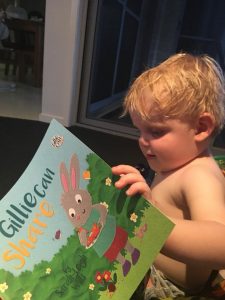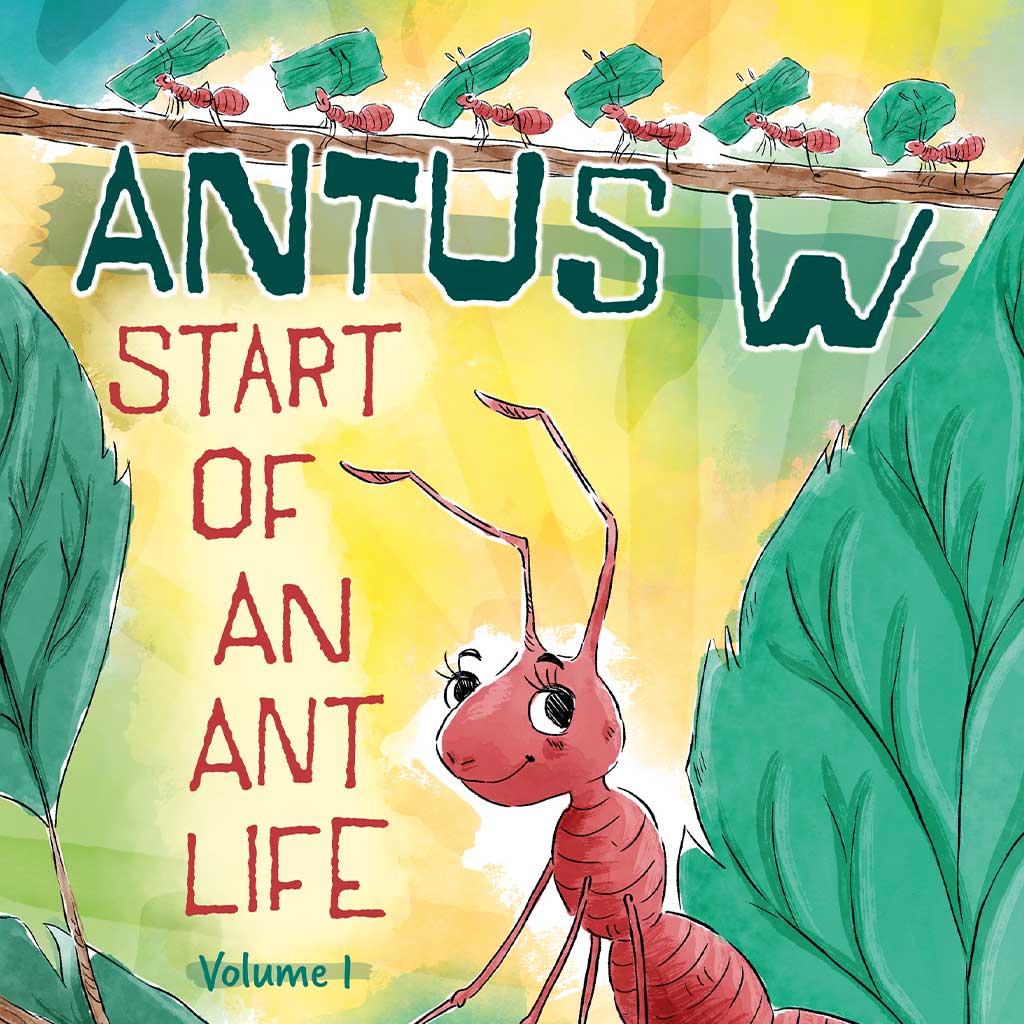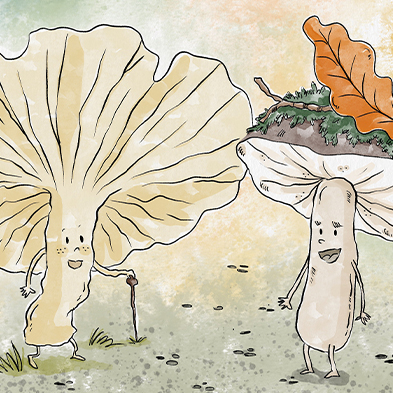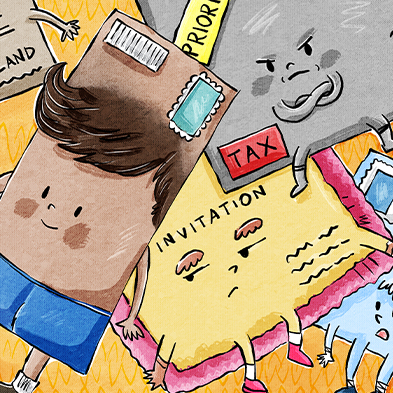The Importance of Children’s Books
We all remember that time as children when a book hit us, and hit us hard! The book 101 Dalmatians did it for me, a very old (and apparently now very valuable, although it’s disappeared in the annals of time!) copy my grandparents had. It was pink, with the most beautiful illustrations. I remember it so clearly, the sadness of it ending, and the excitement of opening it up again as if for the first time. I could lose myself in that book for hours and hours, just happy to be back amongst the characters I thought of as friends and family. But with the rise of technology and the ubiquitousness of the television, should we still be reading to children?
Stories play a vital role in the growth and development of children. The books they read and the characters they get to know can become like friends. It’s also good for children to understand that books are a useful source of information and that good reading skills are important for success in their future lives. Reading also helps children with their confidence levels, coping with feelings and language and learning.
Children who can read well are more likely to have higher confidence levels. This will benefit them in school as they’ll feel able to participate fully in activities. Another part of building confidence and self-esteem is knowing where you fit into the world. Stories can help with this process by showing children what people’s lives are like where they live and in other parts of the world. This can encourage their ability to understand diversity, and hopefully to show children how to behave as they grow up in order to be tolerant, kind and understanding of the world around them.
Stories are a great way to introduce new words and ideas into a child’s language. If you start children off with picture books when they are very young you can build a base to build on, until you start to discover more complex novels for teenagers and young adults (YA). Stories can help children learn about concepts such as shape, size, space and colour, up and down, inside and outside, numbers and the names of objects. They can also teach children about everyday tasks, such as how to brush their teeth, taking care of animals, cleaning and tidying and preparing food. The books they read can also introduce them to concepts that may be tough to approach, such as feelings, divorce, death and relationships. In this way, stories are also useful for teaching more complex ideas, such as the importance of sharing, the passage of time, compassion for others.
When children learn through stories it can be approached in a really natural way. There’s no actual teaching involved at all, they learn from simply reading the story.
 Reading stories can be helpful for relaxation, so before bedtime is a great way to get kids to switch off and think about something else. This can help to give them much happier dreams! Stories before bedtime allows children to forget the stresses and strains of the day and indulge in fantasy for a while. The soothing familiarity of a much-loved story, the rhyming and repetition in a picture book, plus the sense of security that time spent reading together can foster, all help the child to relax.
Reading stories can be helpful for relaxation, so before bedtime is a great way to get kids to switch off and think about something else. This can help to give them much happier dreams! Stories before bedtime allows children to forget the stresses and strains of the day and indulge in fantasy for a while. The soothing familiarity of a much-loved story, the rhyming and repetition in a picture book, plus the sense of security that time spent reading together can foster, all help the child to relax.
Stories help to develop a child’s imagination by introducing new ideas into their world. You can introduce fantastical worlds, other planets, different points in time and invented characters. It’ll encourage children to realise that they can, and should, imagine anything they want. The beauty of stories is that they can be really realistic or incredibly fantastical. Stories and books can jump between the normal and everyday and the fantastical. Just look at a story like Strong and Mighty Max, for example. Max could be anyone from their nursery or school, and yet he can also be a superhero! Or books about the Dalby family, who are always off on adventures but have a strong sense of realism running through them. The next book can be about dragons or tigers!
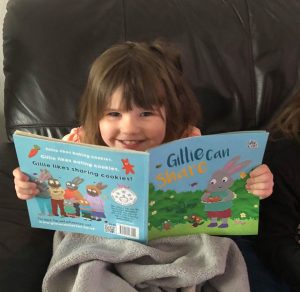
When children read stories that contain feelings it can help them understand and accept their own feelings. It helps them understand that there are other children who feel the same way and they are not alone. This helps the child understand that feelings are normal and should be expressed. Watching their responses to the feelings of the characters in the stories will give you some idea of how a child feels about certain situations and emotions. For example, how the child responds to the character in the story feeling sad or scared will give you some idea of how the child thinks. This can help you to communicate more effectively with the child, and encourage the child to open up to you. Books can be used as a way to open the gate into a child’s mind, especially when they can’t articulate how they are feeling effectively, as they don’t have the words yet, or the emotional vocabulary.
We’re, of course, always going to be enthusiastic about children’s books, it’s what we do! But it’s so important to realise what an impact just a few books a week can have on your child, or the development of children you care for. Who knows, you may end up enjoying it as much as the children!

